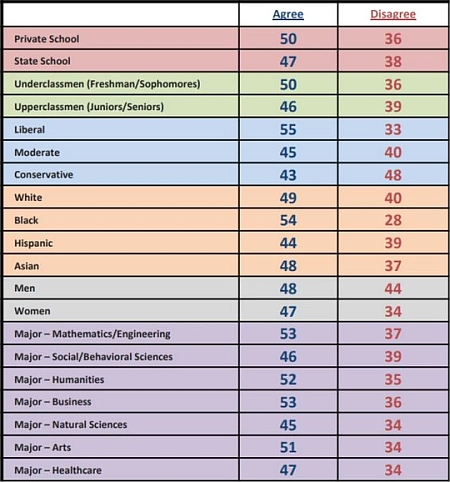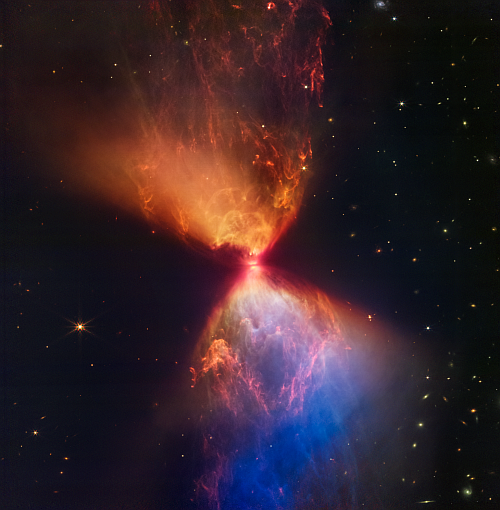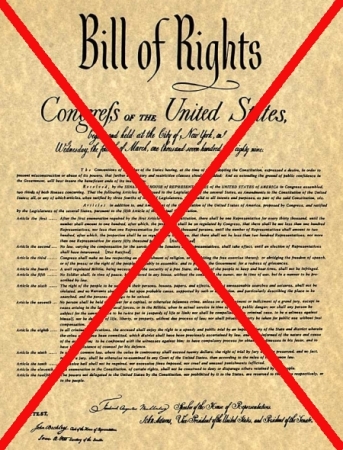Canadian rocket startup with balloon for 1st stage wins launch contract
SpaceRyde, a Canadian smallsat rocket startup company that intends to use a stratospheric balloon to act as its first stage before releasing its orbital rocket, has won a contract for four launches from ISILaunch, a Netherlands satellite company.
Customers will pay $250,000 to launch 25-kilogram payloads on SpaceRyde’s Ryder rocket and Flying Spider balloon. The flights are scheduled to begin in 2024. For the SpaceRyde flights, ISILaunch will offer customization including scheduling weeks prior to launch, access to custom orbits and various fairing configurations.
…Stratospheric balloons will serve as the first stage, lifting Ryder rockets through Earth’s atmosphere before rocket engines fire. Ryder’s upper stage, called Black Bay, is designed to remain in orbit, maneuvering and refueling as needed to provide in-orbit servicing and in-space transportation.
The first test flights are scheduled in ’23, with commercial flights starting in ’24. The company apparently is targeting the smallest smallsat market, aiming to win customers with very very low launch prices.
SpaceRyde, a Canadian smallsat rocket startup company that intends to use a stratospheric balloon to act as its first stage before releasing its orbital rocket, has won a contract for four launches from ISILaunch, a Netherlands satellite company.
Customers will pay $250,000 to launch 25-kilogram payloads on SpaceRyde’s Ryder rocket and Flying Spider balloon. The flights are scheduled to begin in 2024. For the SpaceRyde flights, ISILaunch will offer customization including scheduling weeks prior to launch, access to custom orbits and various fairing configurations.
…Stratospheric balloons will serve as the first stage, lifting Ryder rockets through Earth’s atmosphere before rocket engines fire. Ryder’s upper stage, called Black Bay, is designed to remain in orbit, maneuvering and refueling as needed to provide in-orbit servicing and in-space transportation.
The first test flights are scheduled in ’23, with commercial flights starting in ’24. The company apparently is targeting the smallest smallsat market, aiming to win customers with very very low launch prices.





